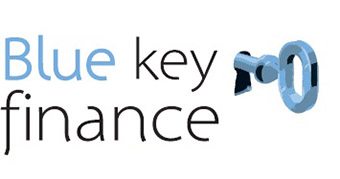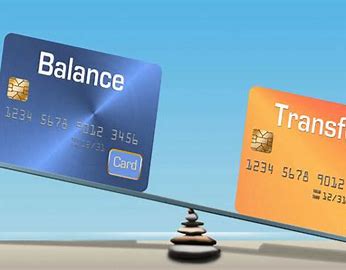Tips to make a credit card balance transfer work for you
A credit card balance transfer is when you move the amount you owe (the balance) to another credit card.
The new interest rate on the balance you transfer may be either 0% or a special low rate for a limited time.
If you can pay off the balance you transfer within that time, you may save money. But if you can’t, it may end up costing you more.
If you’re struggling with your credit card repayments, a balance transfer might not be right for you. There can be better options to get your debt under control.
How to make a balance transfer work for you
If you’re considering a credit card balance transfer, here’s what to do to make sure it works for you.
Pay off the balance in time
The special low interest rate on the amount you transfer is called the balance transfer rate. It lasts for a limited time, usually between six months and two years.
After that, the interest rate goes up. The new rate may be higher than the interest rate on your original credit card. If you haven’t paid off the whole amount, whatever is left will attract this higher interest rate.
Be realistic about what you can afford to repay in that limited time.
Work out your monthly repayments to pay off the balance in time.
Limit spending on your new card
If you use your new credit card to buy things straight away, a different interest rate may apply. This interest rate — or ‘purchase rate’ — is usually much higher than the balance transfer rate.
Also, your repayments may go towards paying off the new purchases, instead of paying off the balance you transferred. This means you don’t get the full benefit of the transfer, and you add to your credit card debt.
Limit your spending so you can focus on paying off the balance faster.
Cancel your old card
If you decide to do a balance transfer, make sure you cancel your old card. That way, you’ll avoid the temptation to create more debt.
Protect your credit score
When you apply for a new credit card or do a balance transfer, it’s added to your credit report. If you apply several times in a short period of time, it can harm your credit score.
If you’ve transferred your balance before, it may be better to try to pay off your credit card than to transfer again.
Check how much you can transfer
Some cards set a maximum amount you can transfer, so you might not be able to transfer the full amount from your current card. If there’s still money owing on your current card after the transfer, you’ll have to pay interest and fees on that as well. It may not be worth paying interest and fees on two cards.
Compare balance transfers
Compare rates and fees so you get a balance transfer that will save you money, not cost you more later.
Compare credit card rates and fees
| Balance transfer rate |
|
| Balance transfer amount |
|
| Purchase (interest) rate |
|
| Interest-free days |
|
| Rewards programs |
|
| Annual fee |
|
| Other fees | Any fees for:
|
Comparison websites can be useful, but they are businesses and may make money through promoted links. They may not cover all your options.
Set a payment reminder
If you go ahead with a credit card balance transfer, try your best to pay it off before the special interest rate ends.
Set a payment reminder in your calendar so you don’t forget.




Leave a Reply
Want to join the discussion?Feel free to contribute!